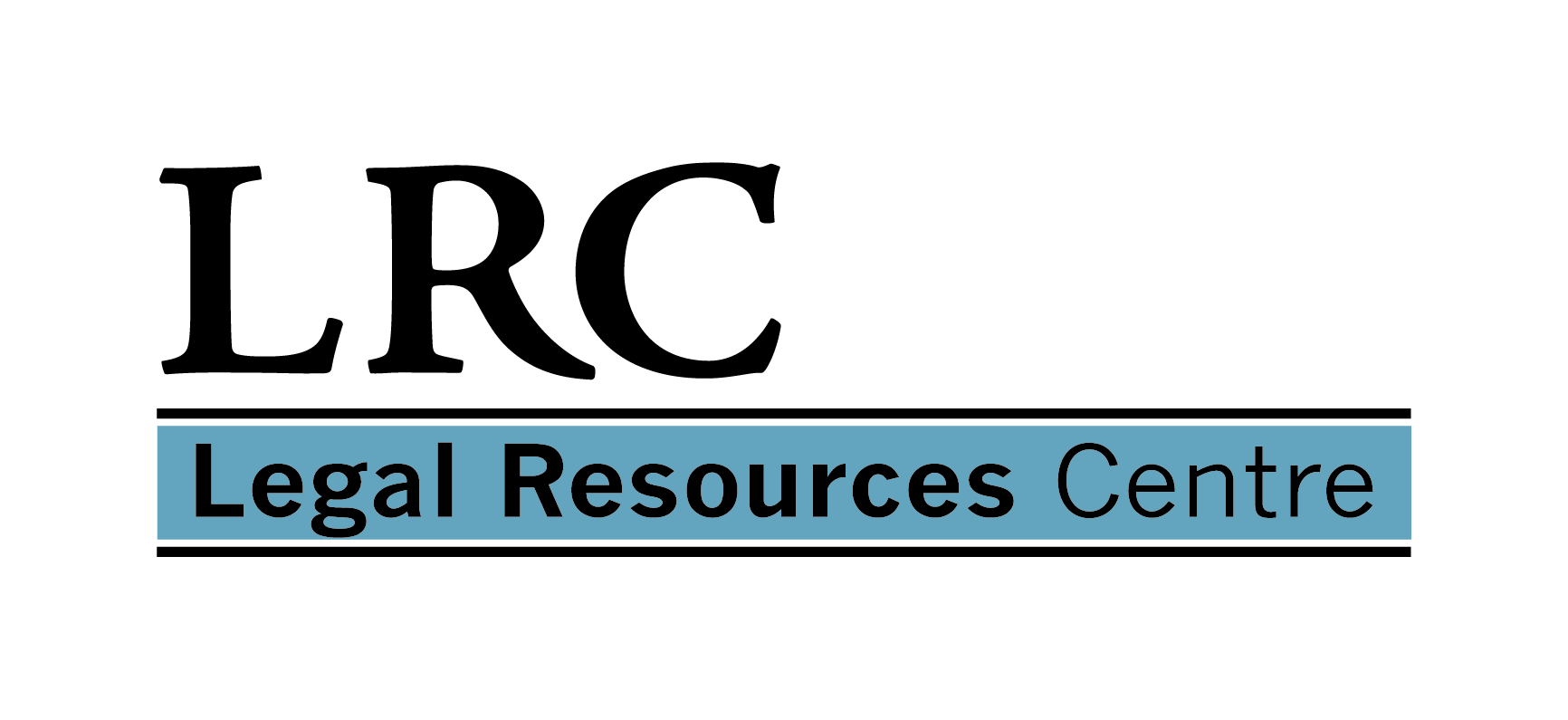JOHANNESBURG — Members of traditional communities and two rural community-based organisations will challenge the passing of the Traditional and Khoi San Leadership Act in the Constitutional Court this Thursday, 23 February. The Act, passed in 2019, replaces the previous traditional leadership legislation that has been in force since 2003. For the past two decades, many rural communities have voiced their outrage at how that legislation empowers traditional leaders at the expense of their communities, leading to some traditional structures abusing their powers and trampling on the rights of community members. They warn that the new legislation, far from progressing the rights of Khoi and San communities, threatens to disempower them further.
Victor Modimokwane, one of the applicants in the case, told the court in his affidavit that there is nothing that a community can do to hold a corrupt and unaccountable traditional leader to account. He details the extraordinary efforts taken by him and other members of the Bakgatla-Ba-Kgafela community in the North West to take action against their longstanding kgosi, Nyalala Pilane, despite clear evidence of wrongdoing. Mashona Wetu Dlamini from Sigidi village in the Eastern Cape explains in his affidavit how a mine and a road extension vigorously opposed by the local community as it will cause forced removals, were both pushed through by government and the relevant companies on the back of their traditional leader being co-opted into the project and supporting it against the community’s wishes.
When parliament embarked on developing new legislation to regulate traditional leadership that would, for the first time, include Khoi and San communities, it was an opportunity to address the serious shortcomings of the 2003 legislation. As constitutionally required, both the national and provincial legislatures embarked on public participation to test the contents of the proposed new legislation. Regrettably, most community members were either not aware of the hearings at all or, where people did hear about it, were not given the time and information to meaningfully engage with legislation that has a massive bearing on their constitutional rights.
After holding their own extensive public hearings, former President Kgalema Motlanthe’s High-Level Panel reviewing key legislation concluded that the existing traditional leadership legislation “denies people living under traditional leaders several constitutional rights, distinguishing them from those living in the rest of the country who enjoy the full benefits of post-apartheid citizenship”. It found that the proposed new legislation should be withdrawn in its entirety and replace[d]”.
Unfortunately, parliament chose to push through the legislation despite not only woefully inadequate public participation but further serious procedural flaws in the parliamentary process.
The Alliance for Rural Democracy (ARD) and Land Access Movement of South Africa (LAMOSA) will join Modimokwane and Dlamini in challenging the Act on the basis that its passing was unconstitutional. The application is opposed by the Minister of Cooperative Governance and Traditional Affairs, the National Assembly and the Kwa-Zulu Natal and Western Cape legislatures.






